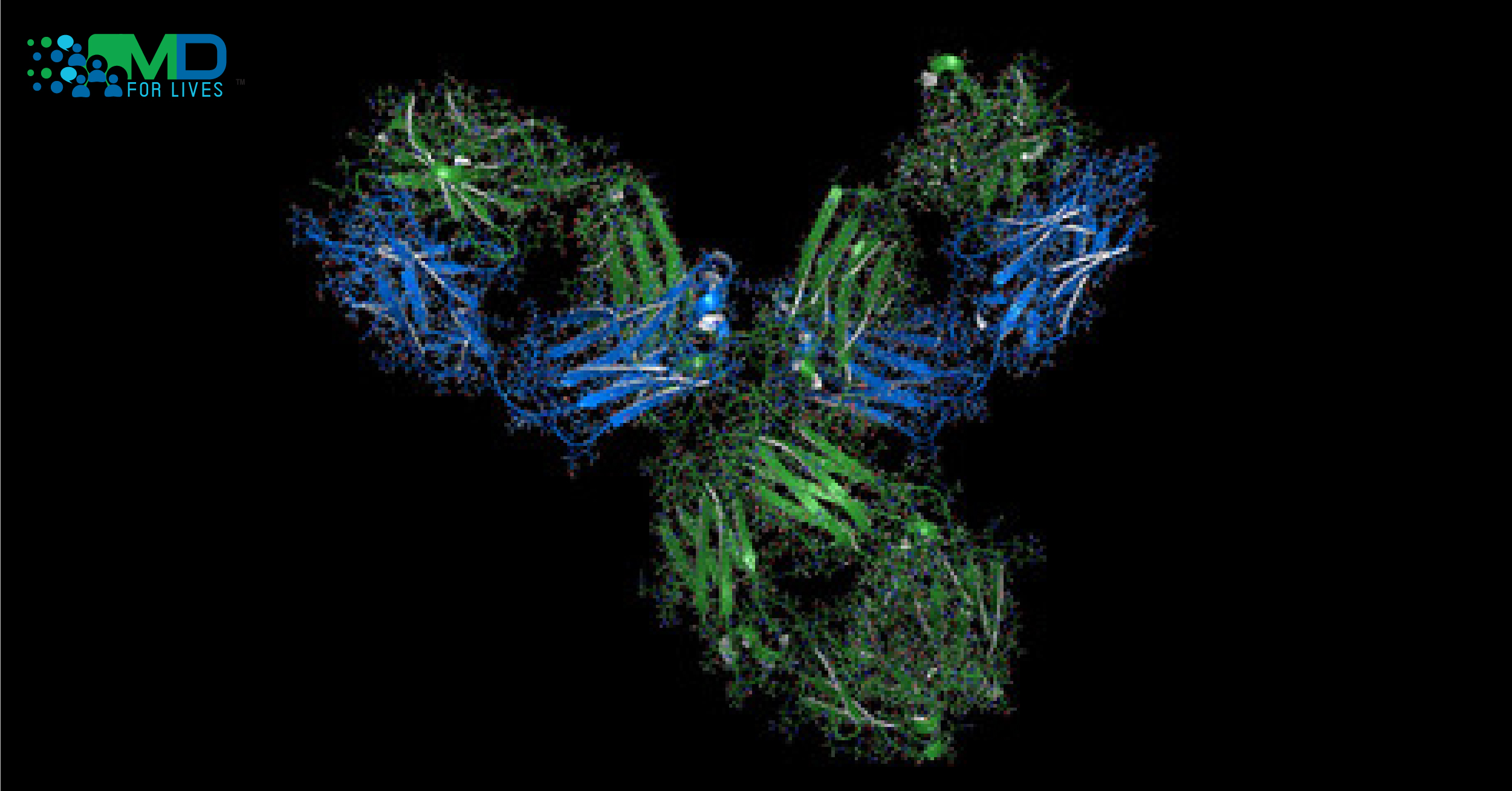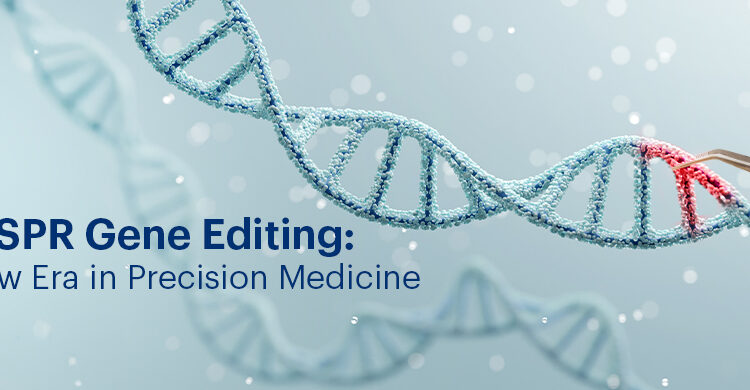The Food and Drug Administration grants accelerated approval to Merck’s Keytruda (pembrolizumab), the checkpoint inhibitor drug for HER2-positive gastric cancer. Keytruda, the anti-PD-1 therapy was approved in combination with trastuzumab (Herceptin – a monoclonal antibody), fluoropyrimidine- and platinum-based chemotherapy as first-line treatment for adult patients with locally advanced unresectable or metastatic HER2 positive gastric or gastroesophageal junction (GEJ) adenocarcinoma. The approval was based on the ongoing KEYNOTE-811 clinical trial.
Gastric Cancer – An Introduction
Gastric and gastroesophageal junction cancer is among the top five cancers with regards to incidence and mortality globally. Gastric cancer exhibits significant geographical variations, considerably higher in Eastern Asia including China, Japan, etc. It is found that the five-year survival rate of gastric cancer is only 25-30%, the survival rate variance may be linked to the biological and genetic differences between the populations.
Although early gastric cancer can be surgically treated, it is mostly diagnosed at an unresectable stage, and chemotherapy is considered as the first-line treatment for advanced or metastatic gastric cancer which involves cytotoxic agents such as fluoropyrimidines, platinums, taxanes, irinotecan, etc. It is reported that combinatory chemotherapy regimens are more effective than single-agent chemotherapy regimens with regards to response rate, survival rate, and symptom control.
Trastuzumab for Gastric Cancer
Studies suggest overexpression of human epidermal growth factor receptor 2 (HER2) that involves in the pathogenesis and poor outcomes of cancer is observed in 10-22% of all gastric/gastroesophageal junction cancer. HER2 acts as an oncogene, overexpression of HER2 in the cell membrane induces uncontrolled cell growth, proliferation, and tumorigenesis.
Trastuzumab, the anti-HER2 therapeutic monoclonal antibody is the first HER2 targeting drug approved for cancer treatment. Trastuzumab binds to the extracellular domain of the HER2 and inhibits tumor cell proliferation. Trastuzumab, the recombinant humanized IgG₁ is active as a single agent; however, adding trastuzumab to the platinum and fluoropyrimidine-based chemotherapy as the first-line treatment for HER2-positive metastatic gastric cancer proven to improve the overall survival rate. The addition of the trastuzumab to the regimen was based on the Phase III Trastuzumab for Gastric Cancer (ToGA) trial, however, after the disease progression, the continuation of trastuzumab with HER2 inhibitors did not show any benefits in the prospective trials. Also, the choice of second or subsequent-line therapies depends largely on the previous therapy and are limited.
The limited benefits of the current therapies pressed the need of effective, novel treatment regimens for advanced gastric cancer.
Pembrolizumab – Anti-PD-1 Monoclonal Antibody
The immune checkpoint proteins PD-1/PD-L1 play a critical role in tumor evasion of immune surveillance. Immunotherapy that blocks PD-1 or PD-L1 was successfully used in many cancers. PD-1 and PD-L1 are often overexpressed in gastric cancer, representing the novel targets for the treatment of gastric cancer.

Pembrolizumab, a humanized anti-PD-1 monoclonal antibody that binds to PD-1, blocks the PD-1 signaling and significantly enhances antitumor immunity in advanced cancers. In several trials, pembrolizumab monotherapy has demonstrated survival benefits, manageable toxicity, and durable anti-tumor activity in advanced gastric cancer.
Lately, there’s a focus on the combination of HER2-targeted antibody trastuzumab and immune checkpoint inhibitor pembrolizumab with chemotherapy in HER2 positive breast cancer, gastric or gastroesophageal junction (GEJ) cancer, etc. The available reports suggest that the combination of pembrolizumab and trastuzumab with chemotherapy could potentially improve outcomes for patients with HER2-positive cancer.

KEYNOTE 811 Trial
The ongoing multicenter, randomized, double-blind placebo-controlled phase 3 KEYNOTE-811 trial (NCT03615326) is actively recruiting participants (Total enrollment goal – 732 participants).The trial is designed to compare the safety and efficacy of a combination of pembrolizumab and trastuzumab with chemotherapy (fluorouracil plus cisplatin or capecitabine plus oxaliplatin) versus trastuzumab with chemotherapy in patients with HER2-positive advanced gastric cancer who had not received prior systemic treatment for metastatic disease. The dual primary endpoints of the trial are progression-free survival (PFS) and overall survival (OS) and the secondary endpoints include objective response rate (ORR), duration of response (DOR), adverse events (AE), and treatment discontinuations due to adverse effects.
The FDA’s accelerated approval for the combination of KEYTRUDA and trastuzumab with chemotherapy for the treatment of advanced gastric cancer is based on the interim analysis, the data of 264 patients from the ongoing trial demonstrated statistically significant improvement in ORR in the pembrolizumab (74%) arm compared with placebo (52%).
The adverse reactions in the pembrolizumab arm were consistent with the known safety profile of the pembrolizumab.
Read also about






